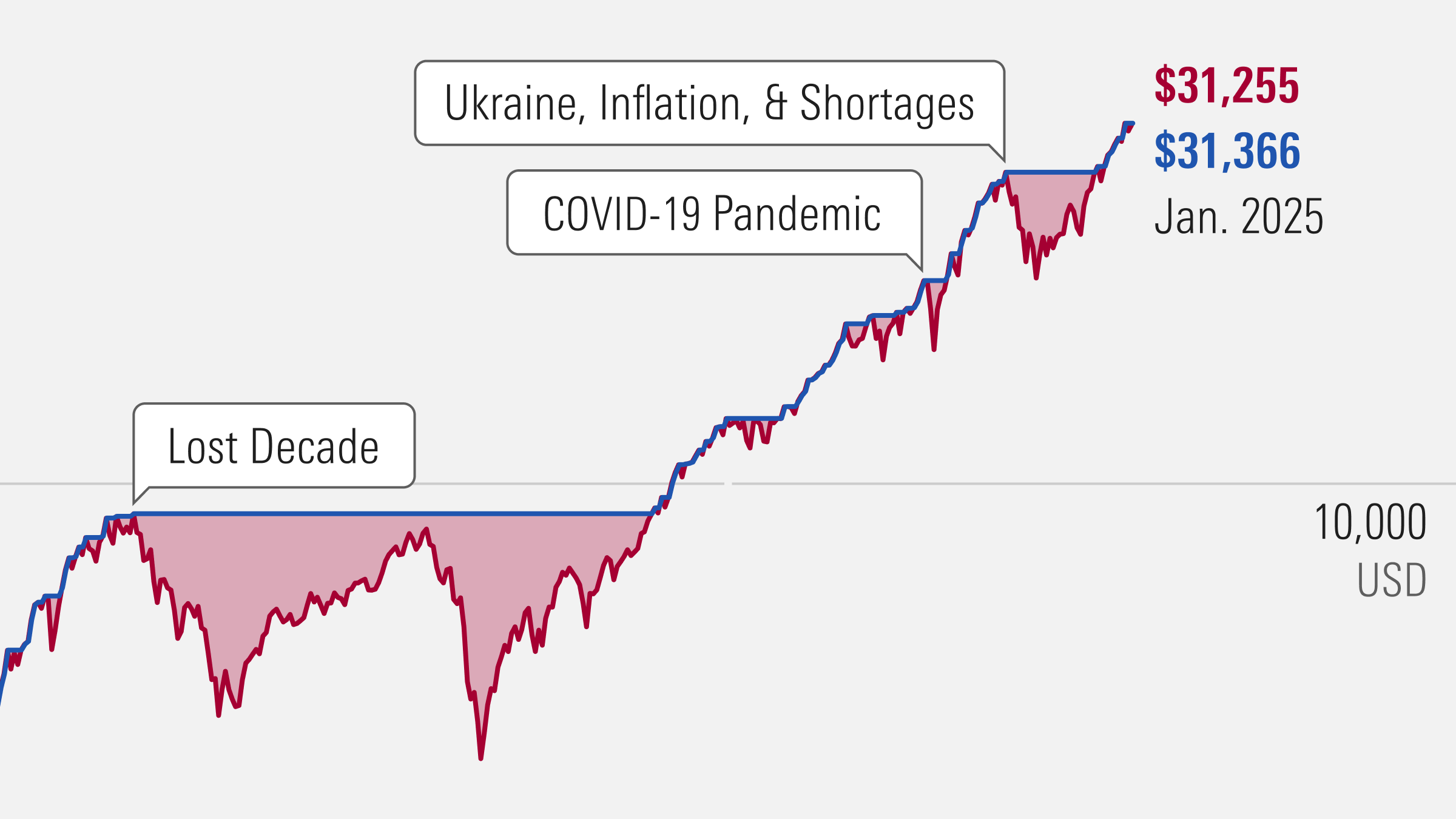
Inflation in the UK slowed by slightly more than forecast in January, according to the most recent figures from the Office for National Statistics (ONS).
On an annual basis, the CPI eased to 10.1% in January from 10.5% in December. Consensus had expected inflation to cool to 10.3%, according to FXStreet.
On a monthly basis, UK consumer prices fell by 0.6%, compared to a 0.4% rise in December. The decline was slightly more than market expectations. Month-on-month inflation was forecast to be -0.4% in January.
Core inflation – excluding energy, food, alcohol, and tobacco – cooled to 5.8% in January on an annual basis, from 6.3% in December.
The Market Cools in Response
Sterling weakened as the lower-than-expected figures cast doubt on the Bank of England's next moves. The BoE last increased the rate by 50 basis points on February 2, to 4.00%. The pound was quoted at $1.2086 at early on Wednesday in London, compared to $1.2174 at the close on Tuesday.
Matthew Ryan, head of market strategy at financial services firm Ebury said: “Sterling has sold-off across the board in response to this morning's data. While the risk of a sharp recession may have lessened, the easing in price pressures may persuade the Bank of England to take a slightly less hawkish approach at upcoming [Monetary Policy Committee] meetings.”
The FTSE 100 index was down 5.70 points, or 0.1%, at 7,948.15 early Wednesday. However, the FTSE 250 was up 7.99 points at 20,026.22. The AIM All-Share was down 1.19 points, or 0.1%, at 866.11.
Giles Coghlan, chief market analyst at HYCM said: “Although today’s modest decline in inflation shows that CPI is slowly heading in the right direction, the strength of UK wage growth remains a key concern to Bank of England policymakers, who are likely to have at least one more interest rate hike to go.”
On Tuesday, the ONS said annual growth in average total pay, including bonuses, was 5.9%. Excluding bonuses, it was 6.7%. In September to November, annual growth in average total pay, including bonuses, and in regular pay, excluding bonuses, both were 6.4%.
Lloyds Bank said Tuesday’s report showed conditions in the UK labour market were still tight enough to concern the Bank of England that domestic inflationary pressures may not be easing enough to allow for inflation to fall back to its 2.0% target.




























